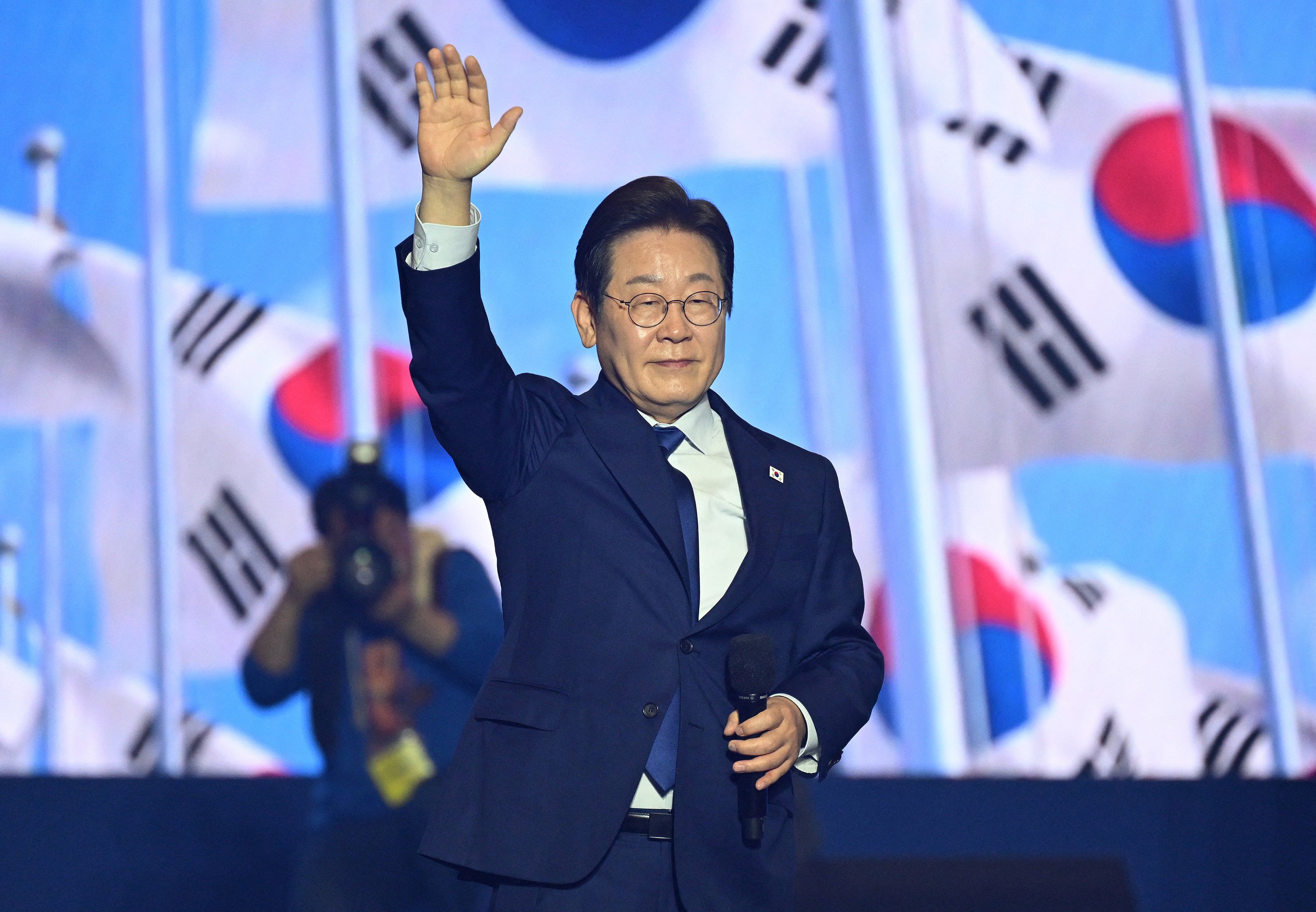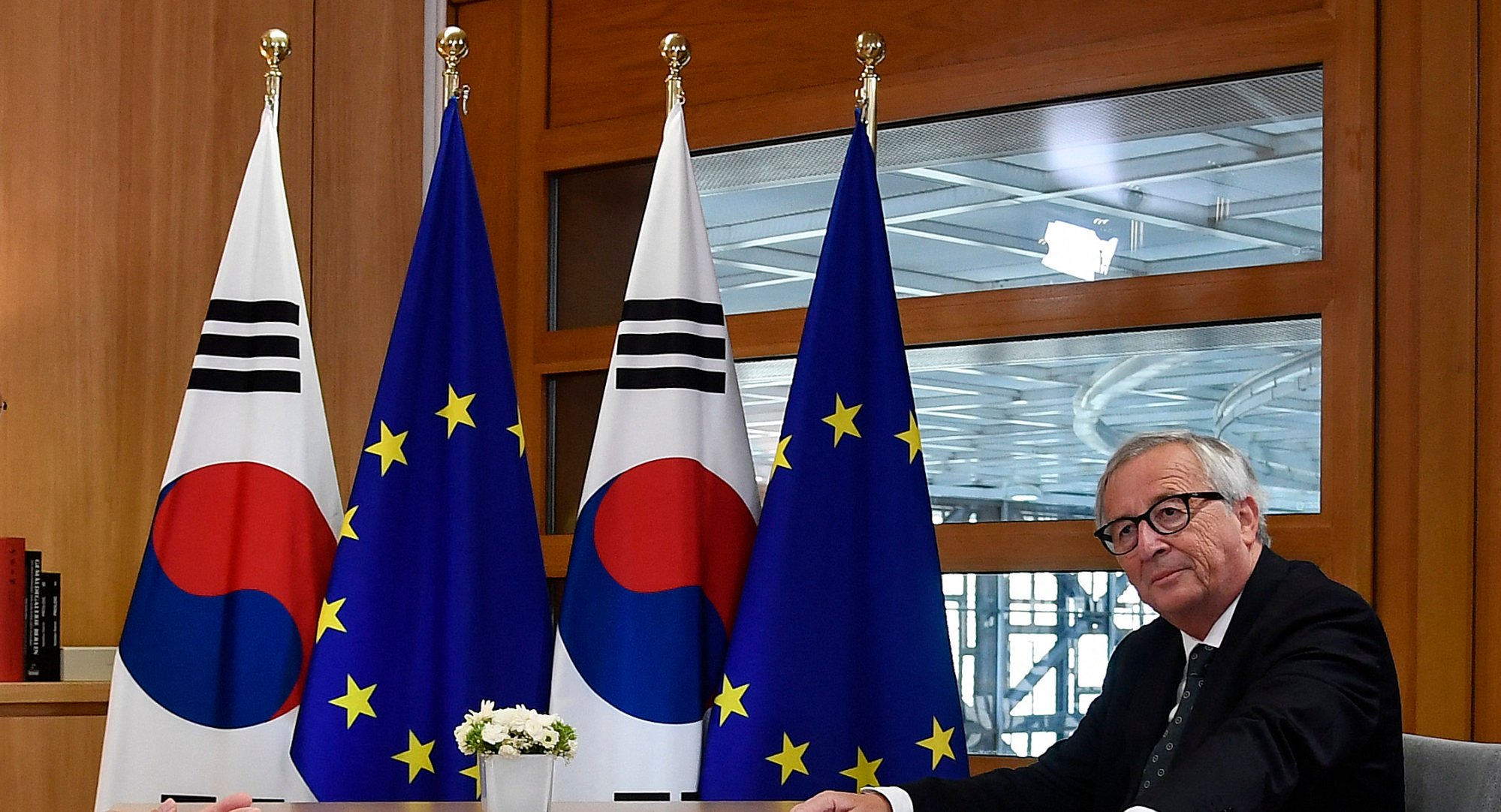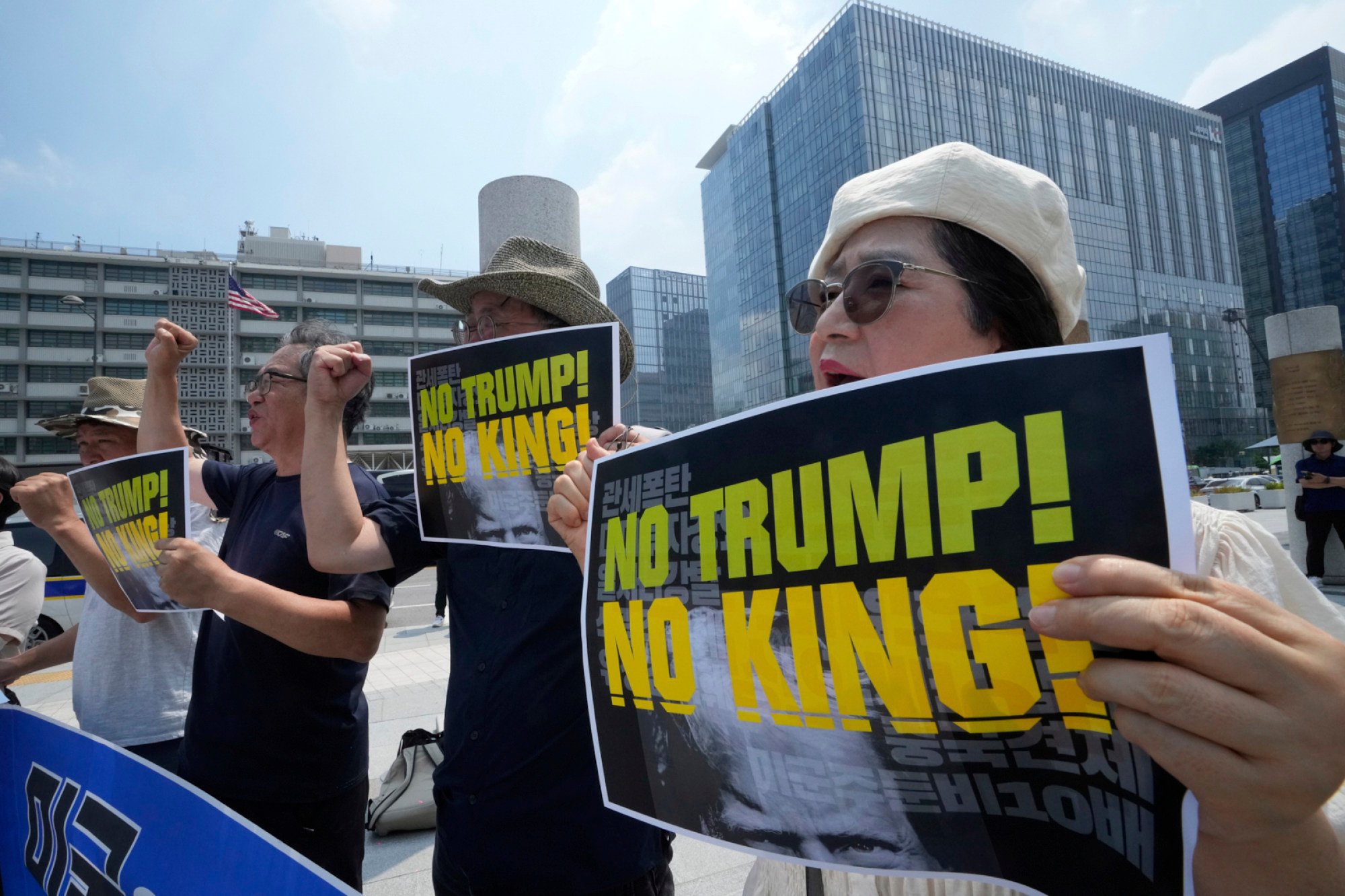What will South Korea’s new special envoys do?
From Europe and India to Canada and Australia, President Lee Jae-myung has deployed 14 personal emissaries in a bid to redefine global ties

After months of political tumult and democratic uncertainty, South Korea’s new president has begun dispatching special envoys across the globe, seeking to both redefine Seoul’s foreign policy and restore the nation’s international standing.
President Lee Jae-myung’s first batch of emissaries was sent to the European Union, France, Britain and India, the presidential office announced on July 13 – a move analysts see as his administration’s opening gambit to strengthen both bilateral and multilateral relations.
Within a week, additional envoys were appointed to Canada and Malaysia, according to the Yonhap news agency.
The diplomatic surge is set to continue, with further envoys to be dispatched to Poland, Vietnam, Australia and Germany by the turn of the month, carrying personal letters from Lee and tasked with exploring avenues for deeper cooperation.

In total, 14 envoys – more than under any previous government – will be sent abroad to articulate the administration’s foreign policy vision and state philosophy, South Korean media reported.
“This is to inform the world of the restoration of normal diplomacy of a democratic Korea,” the presidential office said.
Traditionally, Seoul’s special envoys have been reserved for China, Japan, Russia and the United States. Under Lee’s conservative predecessor, Yoon Suk-yeol, envoys were sent only to China, Japan, the US and the EU.
Lee, who worked as a human rights and labour lawyer before going into politics, was elected president in June, ending months of instability following Yoon’s short-lived declaration of martial law in December, justified as a response to threats from “anti-state forces”.
It shows an ambition to broaden the scope of Seoul’s foreign policyRamon Pacheco Pardo, international-relations professor
Analysts see Lee’s envoy initiative as both a symbolic and practical reset. Benjamin Engel, a visiting professor at South Korea’s Dankook University, said the diplomats were vital not only for conveying the new administration’s positions and priorities, but also for resetting relations after six months of “confusion” brought on by the country’s political turmoil.
“As envoys dispatched by the new president, in some cases with letters personally signed by [him], the envoys have further weight to reset relations beyond what career bureaucrats may [have],” Engel said.
The expanded envoy roster is a “very positive sign”, according to Ramon Pacheco Pardo, an international-relations professor at King’s College London.
“It shows an ambition to broaden the scope of Seoul’s foreign policy by diversifying relations and upgrading the importance of certain partners,” he said.
The envoys were not expected to negotiate detailed agreements, Pardo said, but their appointments were a strong signal of the administration’s priorities.
Unhandled type: inline-plus-widget {“type”:”inline-plus-widget”}
“They will be effective in conveying that the Lee administration wants to focus on practical cooperation,” he said.
‘Unfiltered intentions’
Lee’s fresh slate of special emissaries would be tasked with translating the president’s “at times contradictory” philosophy into a coherent foreign policy, said Lee Seong-hyon, a visiting scholar at Harvard University’s Asia Centre.
Their unique advantage was “direct political trust” and presidential access, he said, distinguishing them from career diplomats.
“A professional ambassador reports to the president, a special envoy speaks for the president, this distinction elevates the dialogue,” Lee said.
“When they speak, foreign leaders know they are hearing unfiltered intentions from someone who can navigate domestic politics.”

President Lee has pledged to reinforce South Korea’s alliance with the US and strengthen trilateral cooperation with the US and Japan. But in a marked shift from his conservative predecessor, he also aims to foster friendlier ties with China and reduce tensions with North Korea.
However, the current absence of newly appointed envoys to China, Japan and Russia has revealed the immediate challenges of implementing the president’s “practical, national-interest perspective”, Lee Seong-hyon said.
Further complicating matters, conservative South Korean media have dismissed the envoy appointments as a “reward junket” for key campaign figures – a perception that exposes the country’s deep political divisions “that the envoys cannot leave behind when they travel”, he added.
There have also been reports that some envoys failed to secure meetings with heads of state. The delegation to France met only President Emmanuel Macron’s adviser, for instance, and the UK delegation met a national security adviser. These had been seized upon as a “diplomatic setback”, Lee said.
“[This] signals a potential disconnect between the administration’s desire to announce the ‘return of democratic Korea’ on the world stage and how these missions are prioritised by host countries,” he added.
For countries like Poland and Australia, the envoys’ focus will be on ensuring continuity and reinforcing strategic partnerships, according to Lee.
In Vietnam and Germany, they will seek to deepen economic cooperation and discuss President Lee’s vision for renewed growth, rapid transition to renewable energy, and a pragmatic, market-oriented government.
“This message, aimed at fostering hi-tech and green cooperation, is designed to reinforce Korea’s image as a stable, democratic partner,” he added.